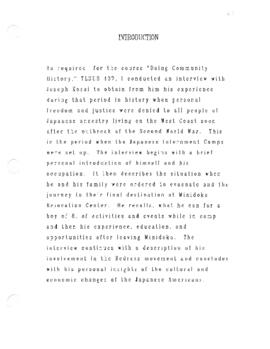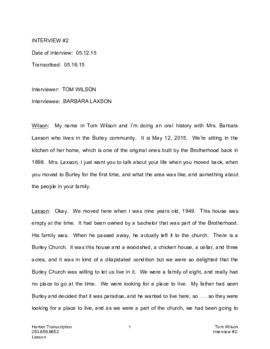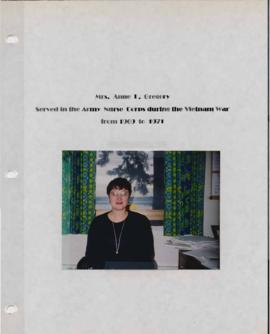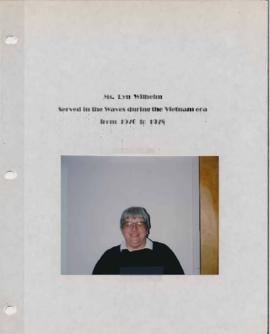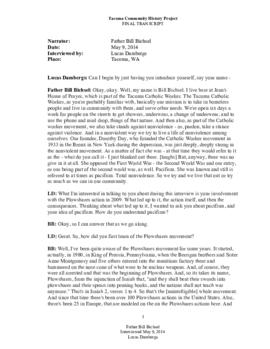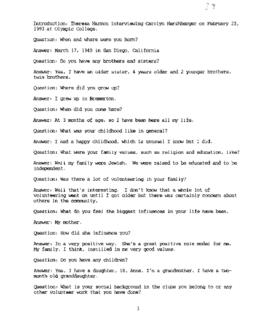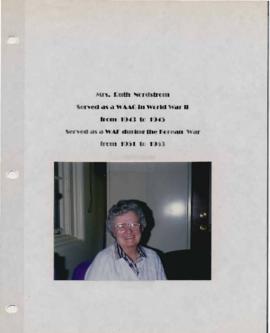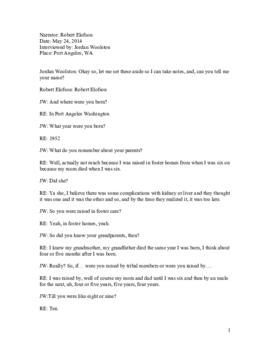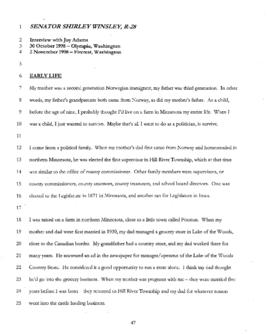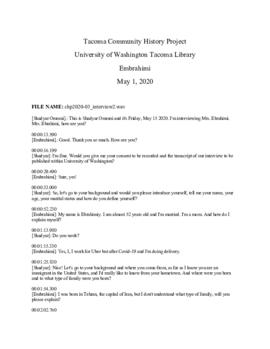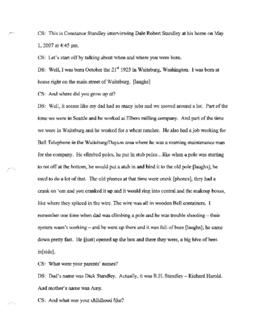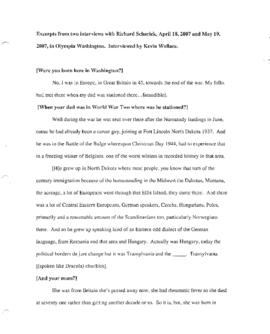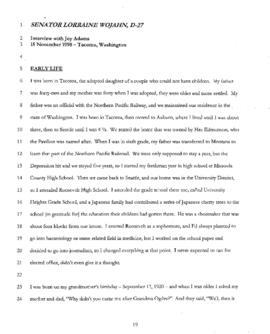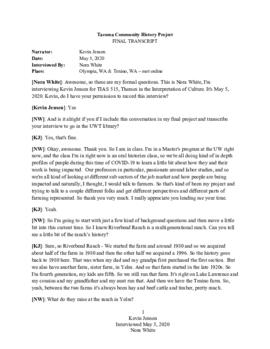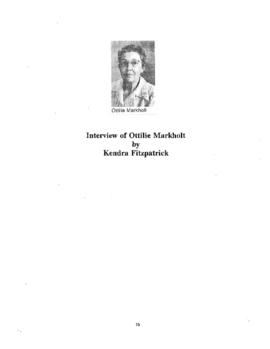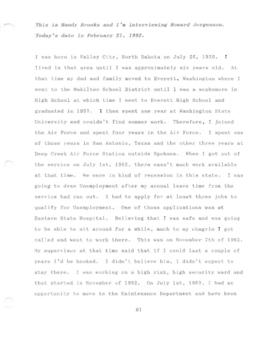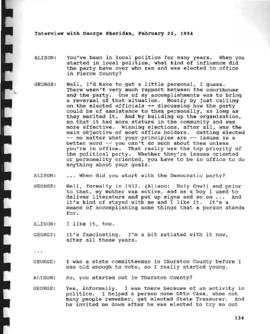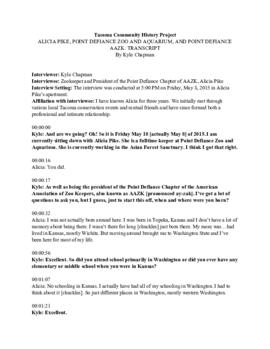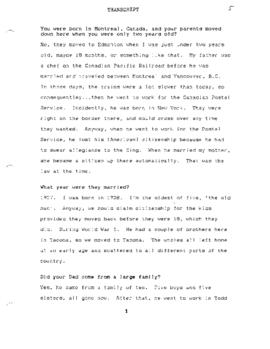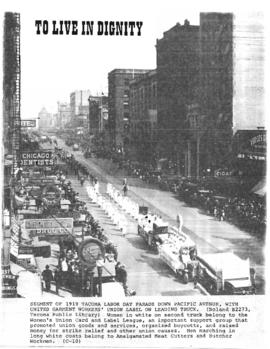Why Internment? The Story of Japanese-Americans During World War II
- Item
- 1991
Oral history interview with Joseph Kosai by Arlene Mihara conducted 04/19/1991. The interview recounts Joseph Kosai's personal experiences as a Japanese American citizen forced to evacuate his Tacoma, Washington residence on May 18, 1942 in response to the issuing of Executive Order 9066. Joseph, who was eight at the time, was transported with family members, first, to an assembly center in Pinedale, California, then to Tule Lake, where Kosai's extended family was dispersed and sent to different camps. Joseph, his mother, and younger sister were sent to the Minidoka Relocation Center in Idaho, where they would remain until May 17, 1945. In the interview, Kosai recalls his impressions of life in the internment camp. He also describes his readjustment after being released from Minidoka, as well as the impact of discrimination upon his subsequent educational and career opportunities. He also discusses his involvement in the national redress movement and other civil rights issues.
